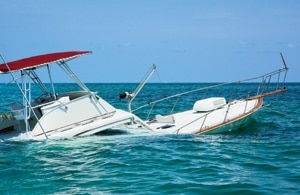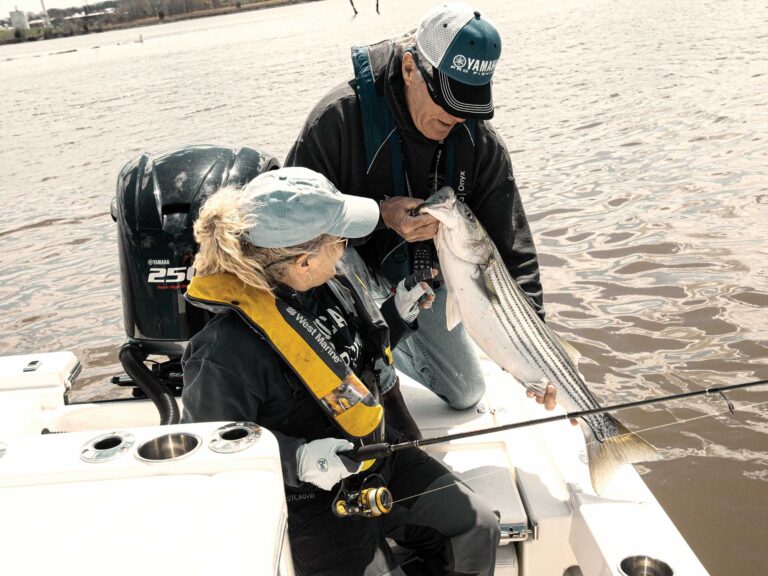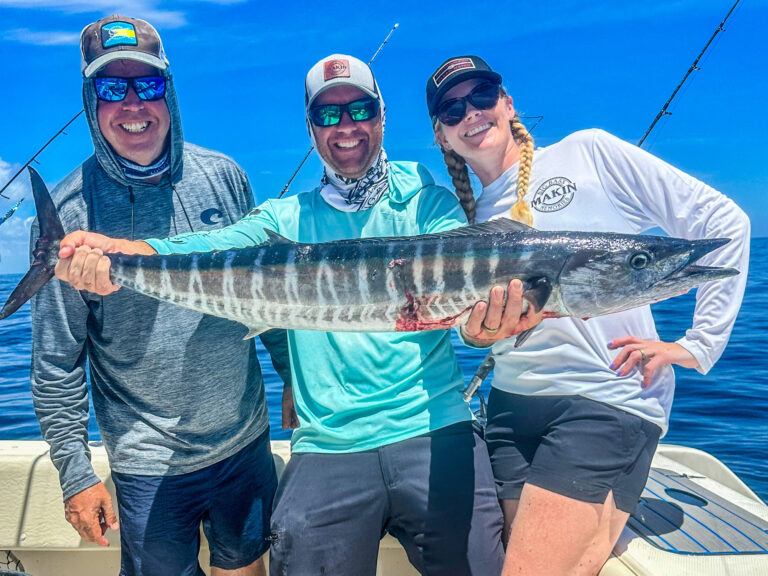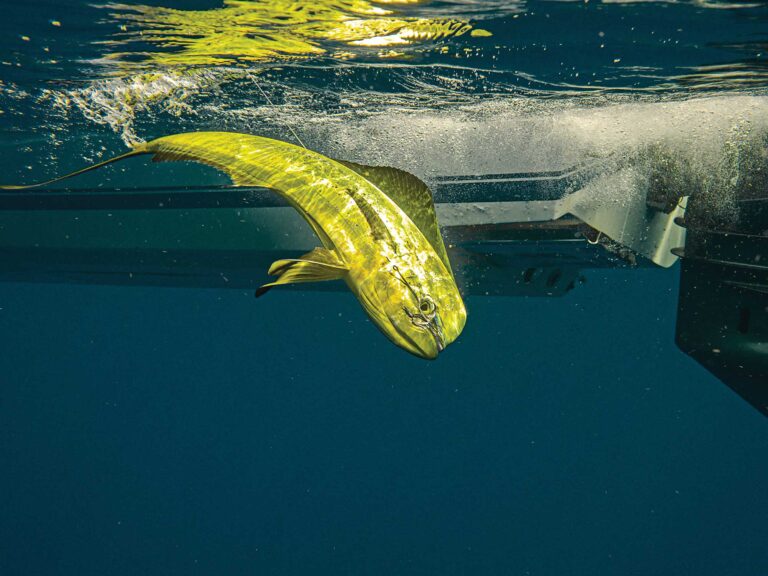
Most of us would never think about buying a boat without doing our homework. It’s a major investment regardless of how attractive the deal is. More importantly, the boat you decide to buy has to have the features and options to help you catch more fish — otherwise, why bother, right? That same due diligence should also apply to your boat insurance policy. It might not be as fun as choosing which radar to install or whether to go with an extra livewell, but it is an important decision nonetheless. Here are some of the factors to consider when selecting or renewing your policy.
Finding the Best Boat Insurance
“A lot of boaters have trouble finding affordable rates, especially in high-risk areas like South Florida and the Keys, if they can find coverage at all,” explains Skip Smith, president of Smith-Merritt Insurance in Pompano Beach, Florida. “I recommend shopping around to get multiple quotes, and if it’s not too much more money, upgrade to the most comprehensive policy you can afford. Ultimately you’re paying for a potential claim. If you have to make one, that’s when you really want the company to be there for you.”
But corporate policy might limit your choices. In states like Florida, some insurance companies have pulled out of the market or have limited coverage to existing clients. Others team with re-insurers to share the increased risk of hurricanes or named storms, but often charge more accordingly. Large national companies that offer auto, home and other types of coverage can be an alternative if you have trouble finding insurance elsewhere.
“Boat insurance is very competitive, which is a good thing for consumers,” says Matthew Spaulding, a product manager in the boat division of Nationwide. “As a national player with boats insured in all 50 states, we are able to balance our business and spread out the risk. We plan for events like hurricanes so we can be there when our customers need us.”
Before shopping for a policy, determine how much your boat is worth and how much liability coverage you’ll need. Values are determined by the boat’s list price, industry guidebooks like NADA, and proprietary services like the BoatU.S. Database. Coverage levels are set once the value has been established, and options include total-loss replacement, agreed or actual cash values.
Total-Loss Replacement Value Coverage
If you purchase a brand-new boat, you’ll probably want total-loss replacement value coverage (if there’s a lien on the boat, the lender may require it). This type of policy replaces your boat in the event it is totally destroyed within a set time period, typically 2 to 5 years. Just make sure the clause stipulates that the replacement boat will be the same quality and construction as the original, to avoid any unexpected surprises.
Agreed Value Coverage
Agreed value is a popular option for boats less than 10 years old, while actual cash-value limits protect the boat against the real-market value at the time of loss, according to Spaulding. As with any policy, check out the various coverage options online or ask an agent for recommendations so you’re fully protected.
Deductible amounts — your out-of-pocket expenses before a claim is paid — start at $100 and go into the thousands of dollars, based on what your boat is worth. The industry standard is 1 percent of the insured value, although it can go as high as 15 percent because of potential hurricane or wind damage. You may qualify for a reduced hurricane deductible if you can trailer the boat out of a storm path or if you file a hurricane readiness plan. Most companies reduce the annual premiums if you select higher deductibles. Others, like Progressive, offer “disappearing” deductibles that reduce the amount by 25 percent every year without a claim. After four years, the deductible is gone.
“That’s our approach to rewarding safe boaters and loyal customers,” says Dominic Mediate, Progressive’s boat insurance product manager.
Get Coverage Before Buying the Boat
Before you buy the boat, make sure you can get the coverage you’ll need. Many underwriters impose vessel-length limits based on the experience of the owner. Large boats with professional crews earn better rates, according to Smith, because these crews have the expertise to move a boat out of harm’s way in case of a storm. “Unattended vessels or owner/operator vessels represent the highest percentage of claims in the industry,” Smith says.
Does your policy cover consequential damage? If it does, you’ll still have to fork out a few bucks when a dry-rotted bilge hose ruptures and leaks, but make sure your claim will be honored should your boat sink as a consequence of that leak.
Navigation limits are another critical consideration for traveling anglers. Check the policy’s normal operating range. If you fish strictly in your home waters, you’re probably fine. But if you plan a trip to the Bahamas, you might have to purchase a supplemental rider to cover the boat outside its normal operating zone.
Fishing tackle, electronics and other accessories also deserve a careful look when you read your policy’s fine print. If you leave your rods in the rocket launcher overnight and come back the next morning to find them gone, you might be out the cash unless there are signs of forced entry. Or you might have to make a claim against your homeowner’s policy instead of the boat policy. Know beforehand, and you’ll be prepared if and when thieves strike unexpectedly.
If you regularly fish tournaments, you might want to add a rider to cover these special events. BoatU.S., for example, will refund entry fees (up to $500 per year) if your boat is disabled and you’re stuck at the dock instead of fishing the tournament you already paid for.
The bottom line? Boat insurance is a highly specialized and complex matter, so know what’s available and what you’re getting before you sign on the dotted line.
“On Saturday morning, when you head out fishing, you should be able to focus on having fun, not whether you’ve got the right amount of coverage for your boat,” Mediate says.









